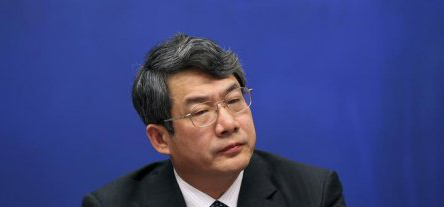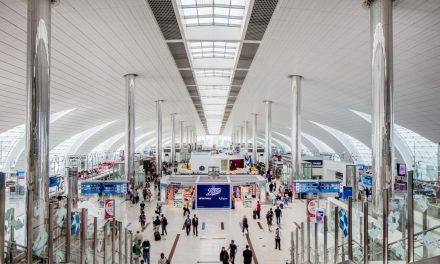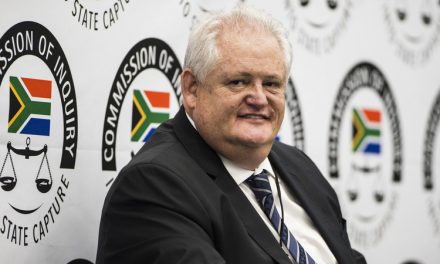19 September 2014.
Liu Tienan had been deputy head of the National Development and Reform Commission, a powerful body that sets broad economic policies and approves major investments, and also head of energy regulator the National Energy Administration. He was sacked from his post in May following a microblog of Luo Changping, deputy editor-in-chief of the investigative magazine Caijing, posted in late 2012. In his micro blog Luo accused Liu of being involved in a number of illegal activities.
State media reported that Liu had taken bribes to help a businessman defraud a bank for $ 200 million in 2011 in connection with an investment in Canada. Important information concerning this case came from Liu’s former mistress in Japan.
The China News Service said, Liu’s trial will open on Wednesday in Langfang in the northern province of Hebei, close to Beijing.
President Xi Jinping, who became president in March, last year, has vowed to make eradication of corruption as the central theme of his administration. His tenacity in fighting corruption in China is unprecedented.
Xi happens to be the most charismatic leader since Deng Xiaoping. Yet there seems to be a lot of difference between Deng’s and Xi’s thinking on governance.
Mao Zedong, left China in a traumatized state that his successors did not want any single person to hold such a sway again. Deng Xiaoping, rose to power with this thinking. He advocated collective leadership and wanted the General Secretary of the Communist party to make decisions with the consensus of other leaders. He wanted that responsibilities also to be shared among the top leadership. His ideas were fruitful and took China out of chaos into lasting stability and peace. Now Xi Jinping is in power and he seems to be taking all decisions on his own – more like Mao than Deng. Although he seems to be taking all decisions by himself for political expedience, he is not likely to drag China into the iron grip of Mao’s era.
Xi just finished his tour of South Asia – Maldives, India and Sri Lanka. He had given many goodies to all these countries and made him immensely popular in these countries. His visits were much publicized and much talked about in South Asia. He has established himself to be a popular leader outside China. Earlier on, in his address at the APEC summit, he showed how he intends to lead China out of stagnation to be an engine of growth, while benefitting other economies at the same time. This shows that he has balanced thinking in all aspect of governance.
While Xi walks with an olive branch in one hand, he has on his other hand bitter border disputes with Japan, Vietnam, Philippines and India.















